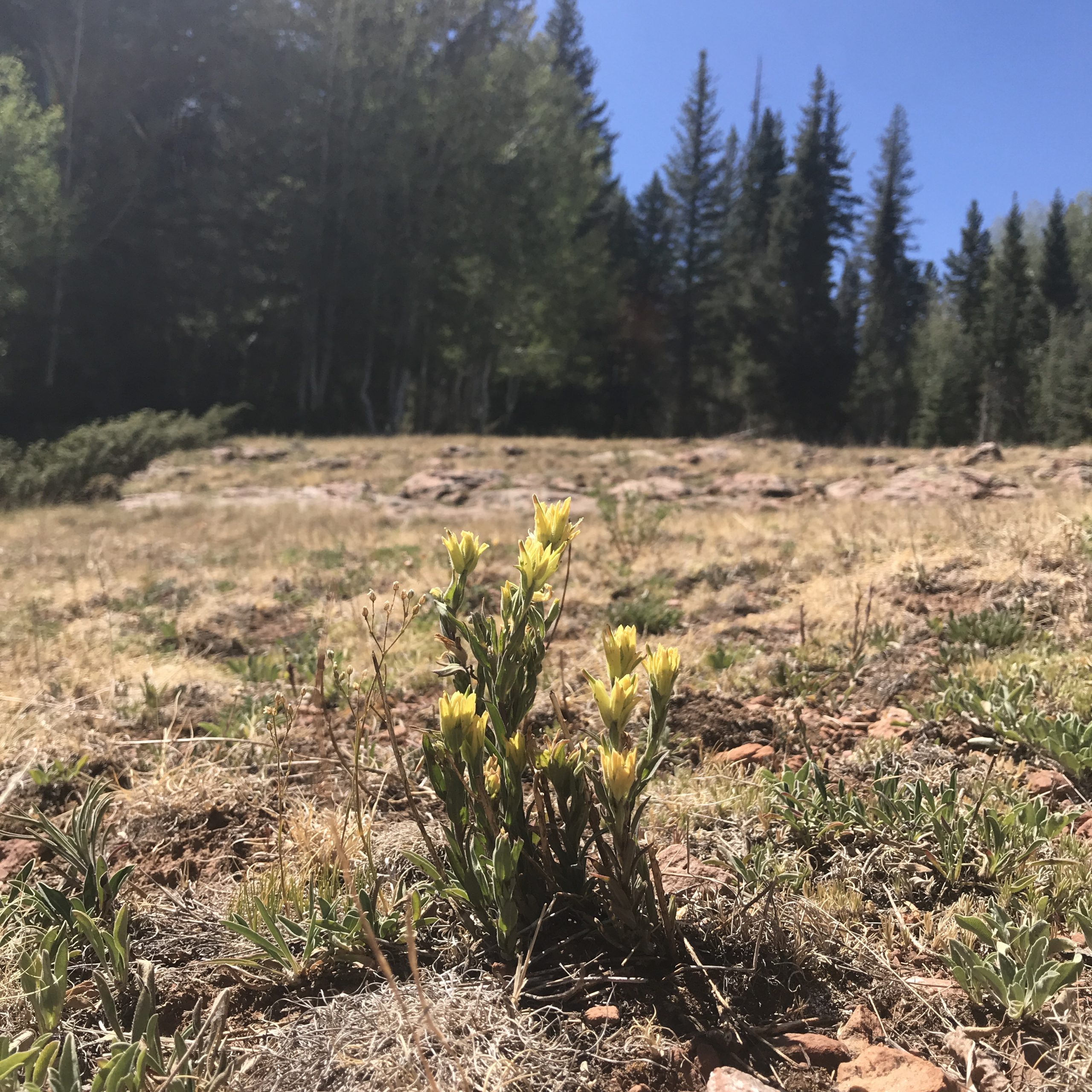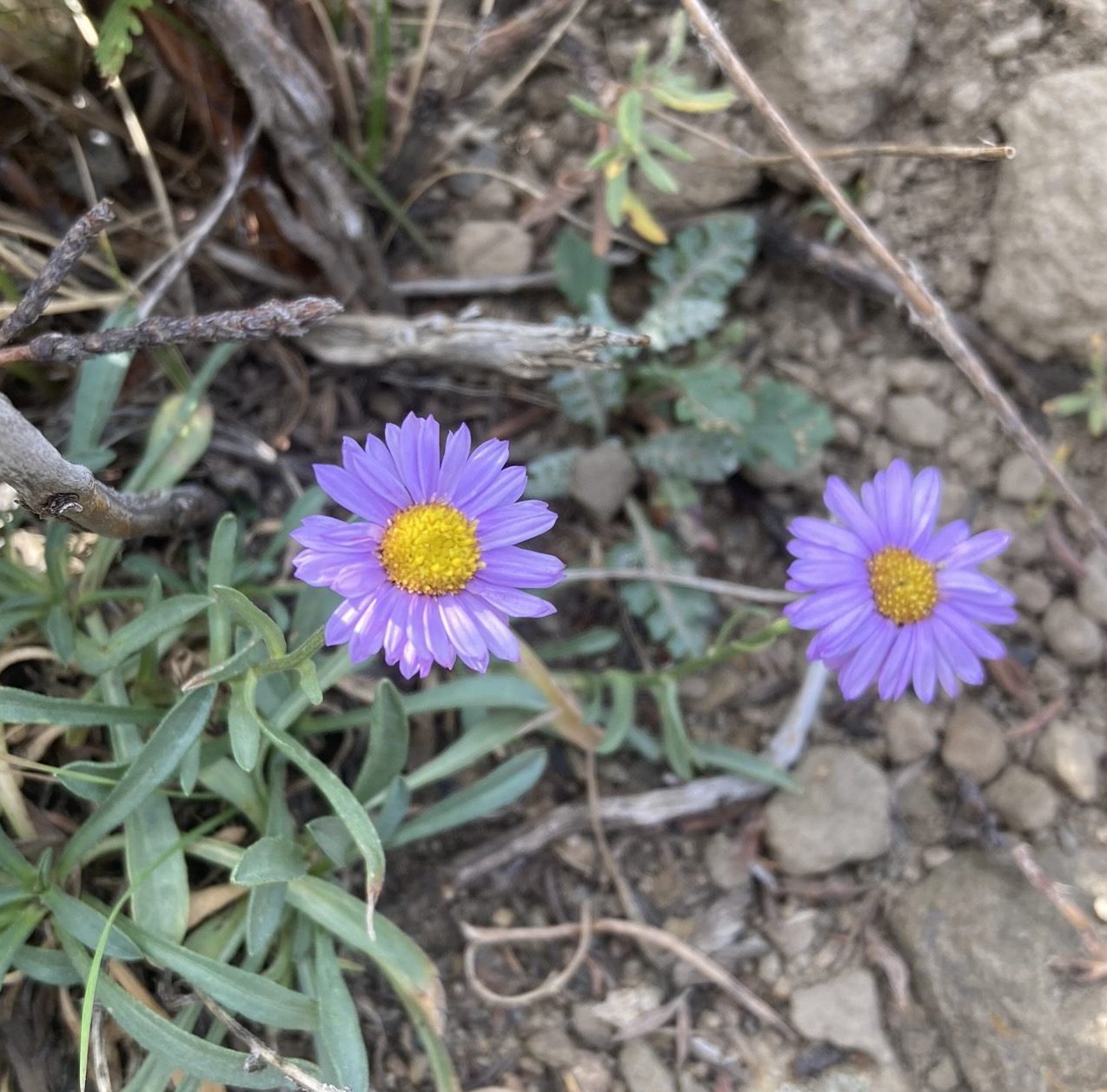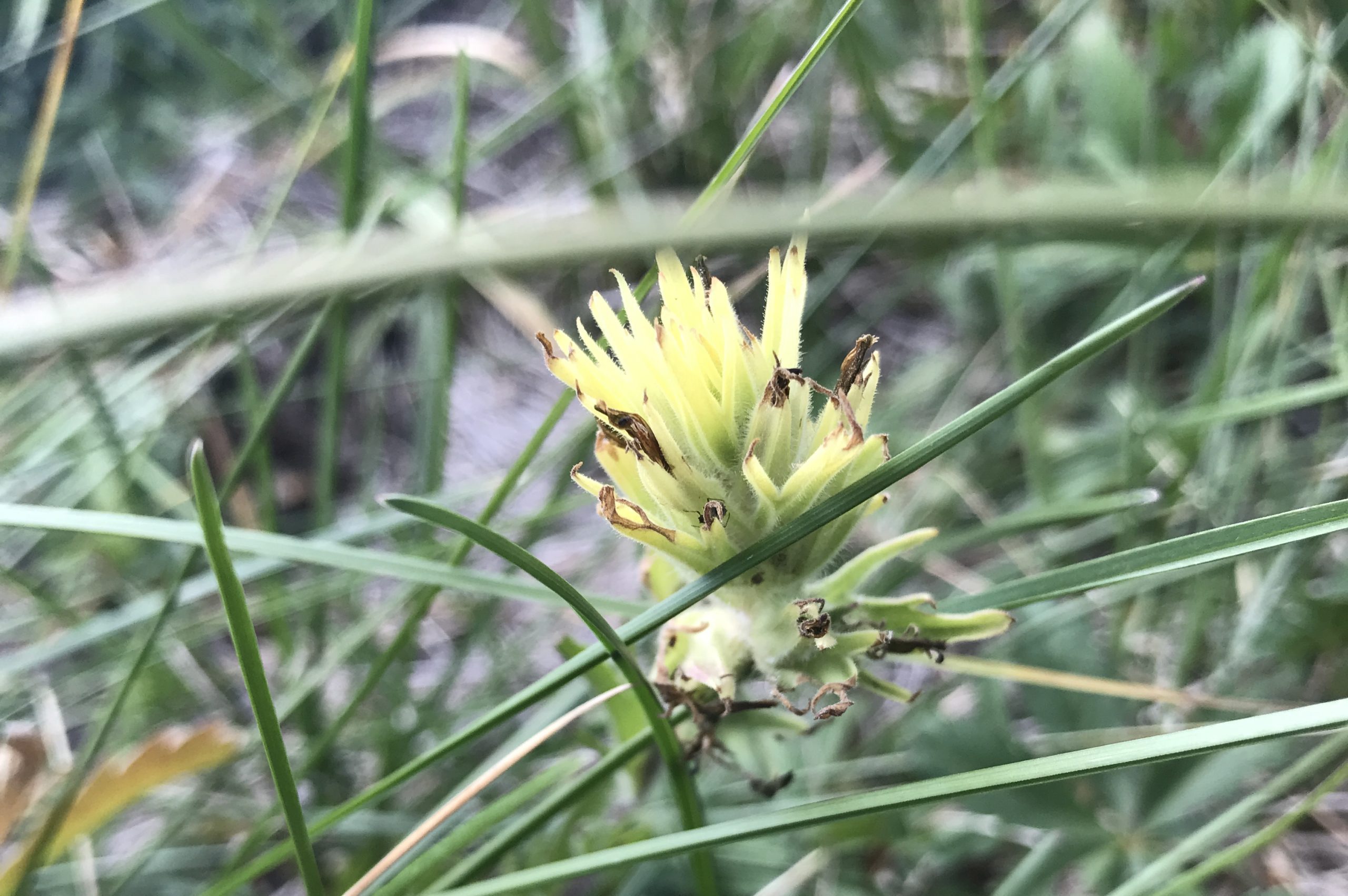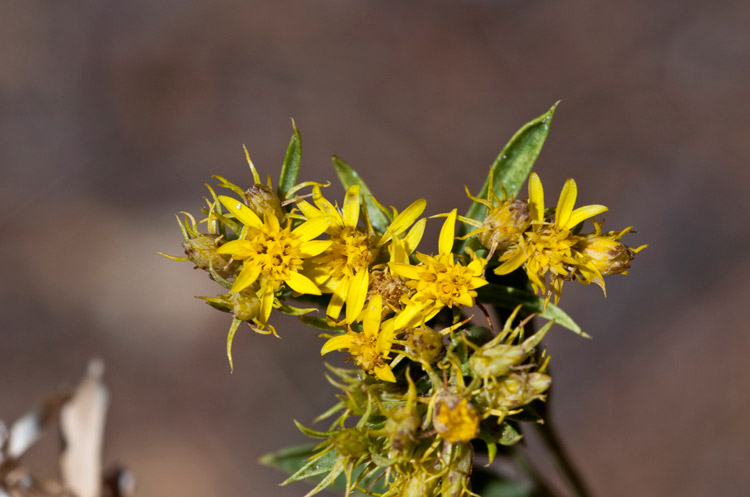Strengthening Network Connections
As a network, CPC connects plant conservationists, amplifying their knowledge and experience to save plants. The strength of the network connections within CPC became clear in the pandemic, with remote meetings providing opportunities to meet, share, and discuss.
For many, the pandemic struck during, or just before, the busy field season. The CPC National Office convened a series of online meetings for people to discuss the challenges and solutions to conducting work in the field. From safety protocols to addressing access restrictions and child care, plant conservationists had a lot to express. In addition to providing a forum for sharing practical advice and experiences, the meetings provided a sense of solidarity. In times of adversity, it’s helpful to know your fellow conservationists are out there facing similar issues as they strive to save plants.
Our network comradeship and solidarity typically peaks during the annual National Meeting of the Center for Plant Conservation. The CPC National Office staff worked diligently to ensure that the 2020 National Meeting was no exception, despite the challenges of not being able to meet in person and changing the date from May to October. The virtual conference that emerged took advantage of a variety of technical tools, combining pre-recorded videos, live presentations, and discussion boards that connected about 150 plant conservationists. This new format allowed more institutions and more staff per institution to participate, eliminating travel costs and logistics and reducing time away from other duties.
Behind the scenes, the National Office has also been advancing their technological tools for connection. In conjunction with a National Leadership Grant from the Institute of Museum and Library Services, the staff is working to improve the forum and resources of the Rare Plant Academy for the network and beyond. These improvements will enable CPC to make plant conservation resources more accessible to everyone.
Still Saving Plants
Even with the COVID-19 pandemic adding layers of restrictions and providing logistical restrictions, CPC Participating Institutions stayed the course in their efforts to conserve plants. Collectively, CPC institutions added about 370 species to the National Collection – species sustained in garden or seed collections to protect against catastrophic loss in the wild.
CPC always strives to support plant conservationists safeguarding rare plants across the nation. This year, financial support generated and distributed by CPC was key to a number of conservation successes. Over half of the National Collection additions are the result of collection efforts from the California Plant Rescue project, a collaborative effort to conserve the state’s rare plants. CPC members in California are working in conjunction with other institutions to divide and conquer the task of saving plants. CPC administers funds from the state of California to support this project. A stunning total of 191 rare plants were collected this year, enabling the state to come close to the Convention of Biodiversity goal of conserving 75% of rare native plants in collections by 2020. Although just shy of the goal, this achievement is particularly remarkable given the access, permitting, and staffing restraints on the California institutions during this pandemic year.
Additional conservation efforts supported by CPC in 2020 include seed collections in Arizona and New Mexico through our agreements with the U.S. Forest Service Region 3 and Kew Foundation America. Maria Mullins at the Institute for Applied Ecology collected small-headed goldenweed (Lorandersonia microcephala) and Pecos fleabane (Erigeron subglaber) in north central New Mexico. Sheila Murray from The Arboretum at Flagstaff collected two species of Indian paintbrush (Castilleja mogollonica and Castilleja kaibabensis) on Forest Service land in Arizona.




Looking to the Future
We are all looking forward to a safer future following the peaks of the COVID-19 pandemic. During the pandemic, the CPC home office has been working on projects that will be implemented in 2021 and beyond. Two new projects highlighting important aspects of CPC secured funding this year: Applied Plant Conservation Online course modules, funded by the Bureau of Land Management (BLM), and a study on seed longevity.
The Applied Plant Conservation Course promises to be a key resource in the Rare Plant Academy. The educational content—adapted from a week-long in-person course—will cover topics from seed collection to population monitoring, and from genetics to restoration. The course will expand the Rare Plant Academy’s training resources to prepare rare plant conservationists for the breadth of challenges they’ll face in coming years.
Providing training and tools for conservationists is just one function of the CPC network. It also connects data, scientific prowess, and applied conservation experience to advance work that saves plants. The pending seed longevity study, funded by the Institute of Museum and Library Services and implemented in the laboratories of the USDA’s National Laboratory for Genetic Resources Preservation, exemplifies this aspect of CPC. Across the network, institutions will re-collect seed from rare plant populations to compare with seeds collected from the same populations decades earlier. New and old seed will then be subjected to a suite of tests, including the examination of RNA integrity, to determine how each species holds up against time in storage. The results will help us understand how long seeds from different habitats and with different traits can be expected to survive in storage.